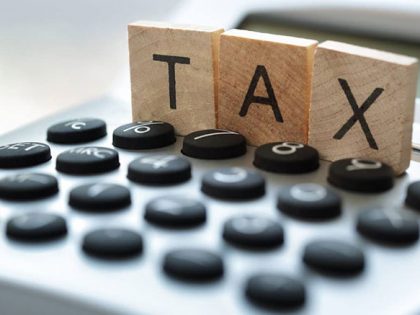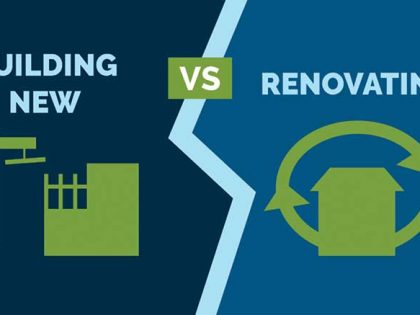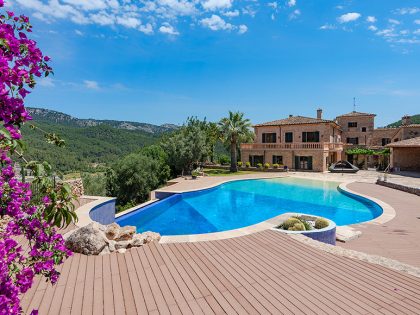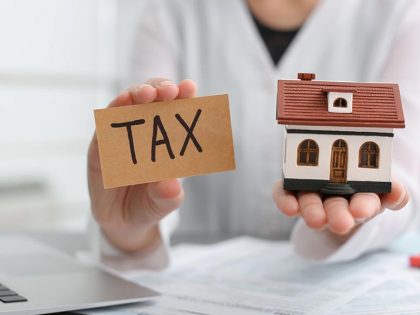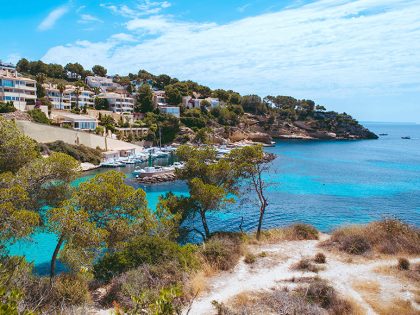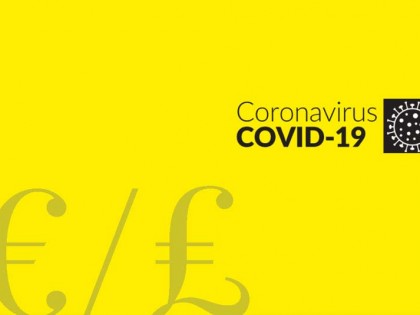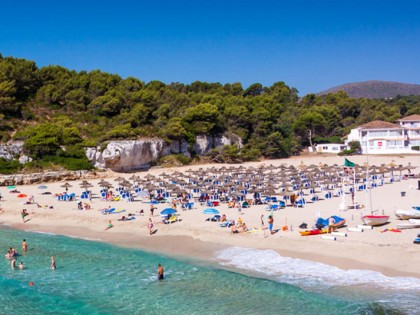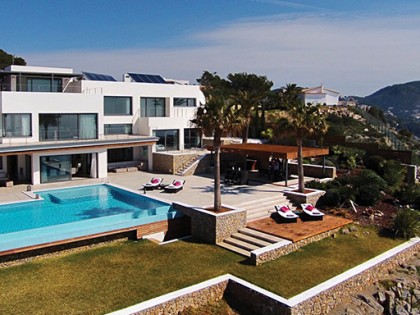There are various aspects one should consider before investing in Real Estate. Although it seems to be more profitable to invest in Real Estate than in financial products offered by banks and other financial institutions – buying with the intention of renting out, shows to be as profitable as 7,5% for shops; 6,8% for business premises; 4,6% for garages and 3,6% for residential properties – the tax circumstances need to be taken into account for each case and market so that nothing takes you by surprise when it comes to income tax or other taxes related to property purchases.
One of the most important decisions is wether to buy a new property or second hand, knowing that second hand properties have a disadvantage as you will have a 5-10% cost increase due to a Spanish tax on capital/property transfers (ITP – Impuesto de Transmisiones Patrimoniales). Different ITP % is applicable in different Autonomous Communities which makes it also very important to decide where to invest. In this aspect, you must also take into account other local taxes that might be applicable in different municipalities (for example, tax on increase in urban land value, paid by the seller).
On another hand, you will have to consider other taxes that will aggravate the total cost of your investment:
VAT (IVA – Impuesto sobre el Valor Añadido): On second hand properties, there might be a waiver of VAT exemptionif the seller and the buyer are a company or an individual officially registered as a landlord, and both parts agree to submit to this tax. In most cases, there is a reverse charge mechanism and the buyer does not actually pay VAT.
Notary and property registrationexpenses: will add up 2-3% to the total buying price of both residential or comercial properties.
Income Tax (IRPF)/ Corporate Tax (Impuesto de Sociedades): revenue made from real estate assets by form of rentals is taxed on individuals according to their financial tier and on companies around 25-28%. Once you stop investing in an asset, real estate gains will also be taxed at around 24% for individuals, andover 25% Corporate Tax for companies.
Property tax: it is a direct, general and individualtax, established and regulated by the State, although its total yield, as well as certain regulatory powers, areassigned to eachAutonomous Community.
Tax on capital/property transfers (ITP – Impuesto de Transmisiones Patrimoniales): as mentioned before, differs between each Autonomous Communities and taxes property and rights byinheritance or donation. To try to avoid it, there is the alternative of creatinga family business, whichis exempt fromproperty tax and a has a 95% bonus in property transfers tax, as long as all legal requirementsare respected.
Our foreign investment area offers legal assistance with regard to funds from other countries for investments in real estate and commercial Islands. Our team has extensive international experience, we also have cooperation agreements with international firms.








